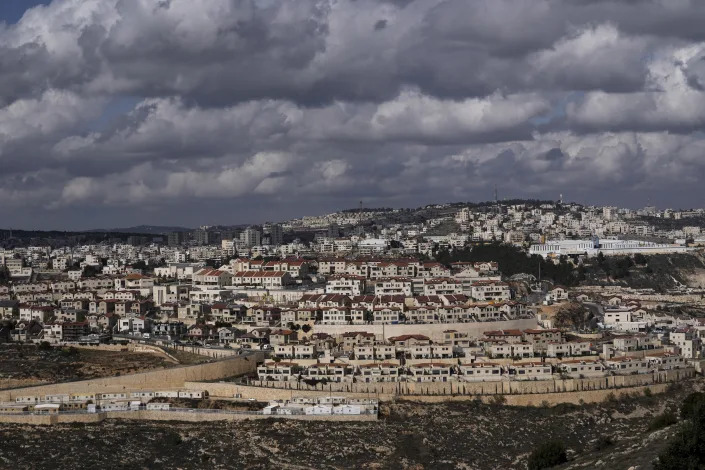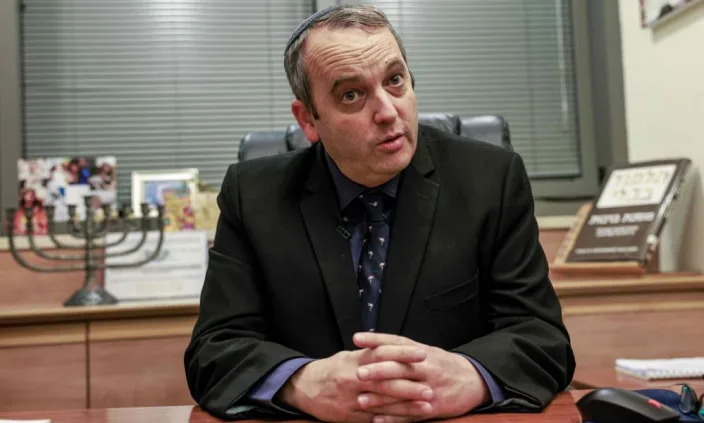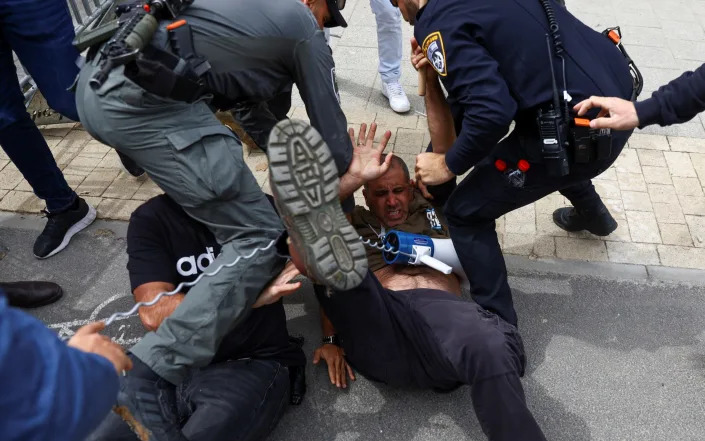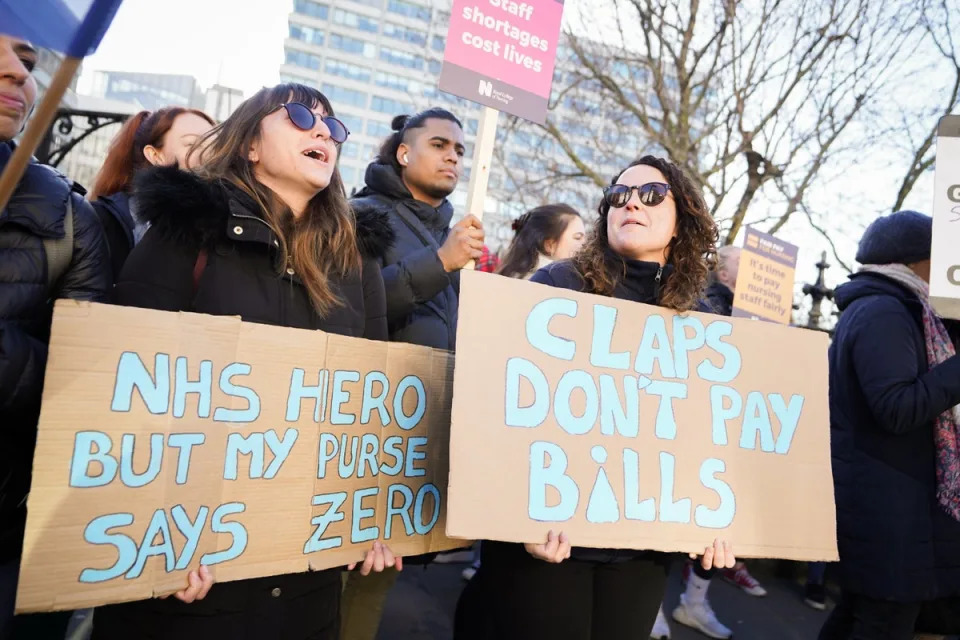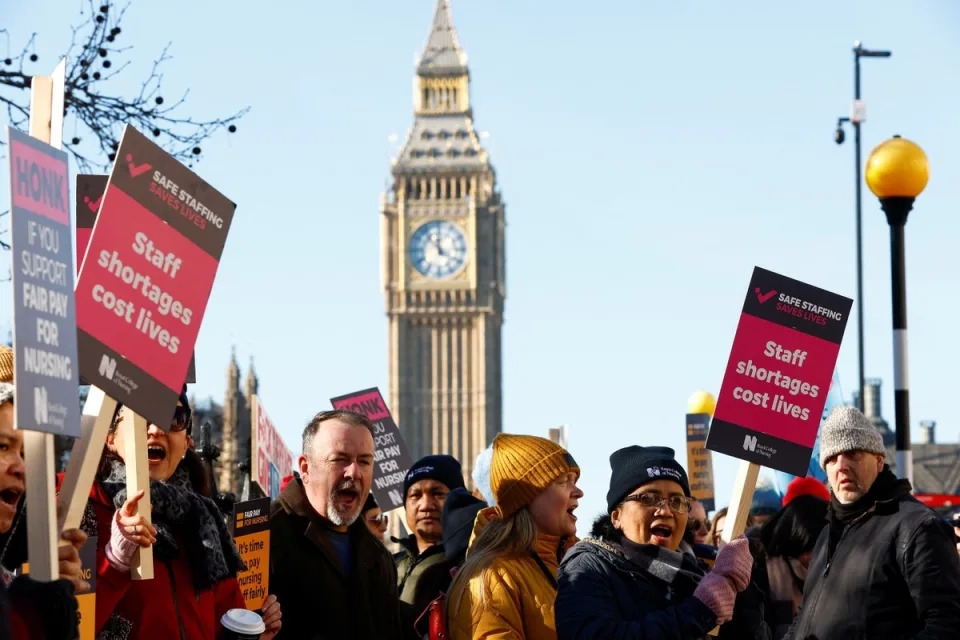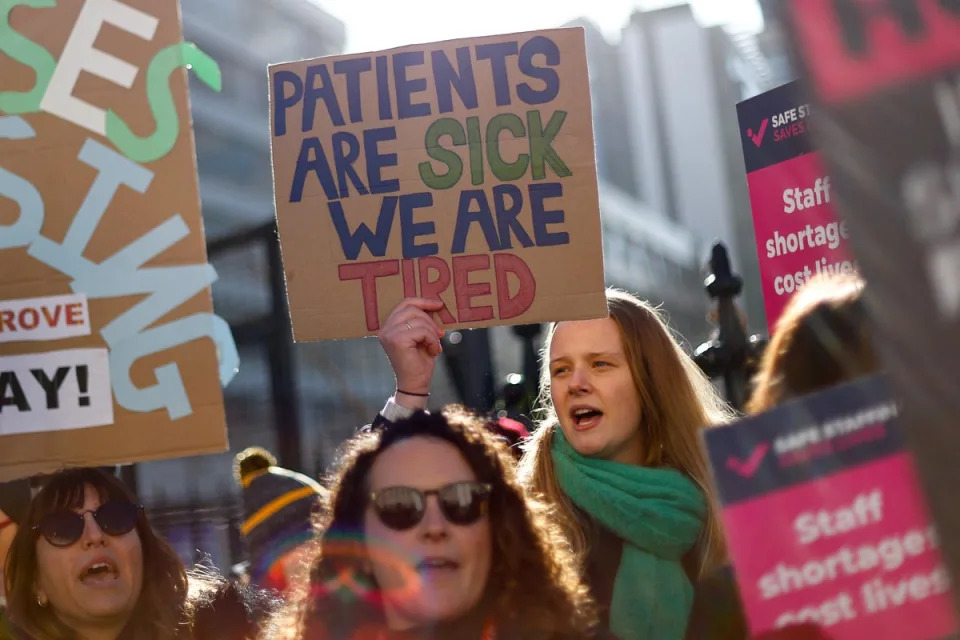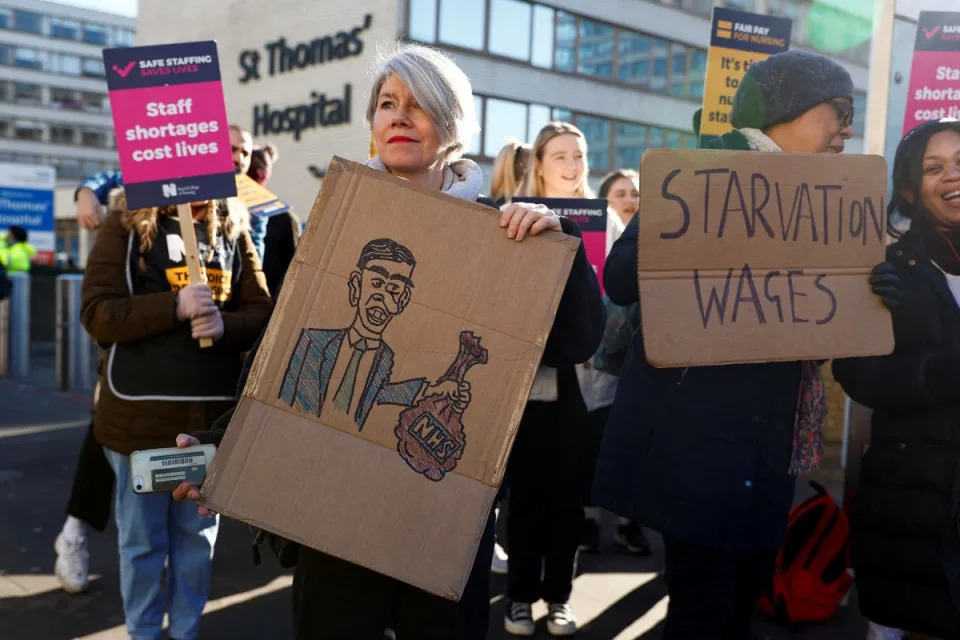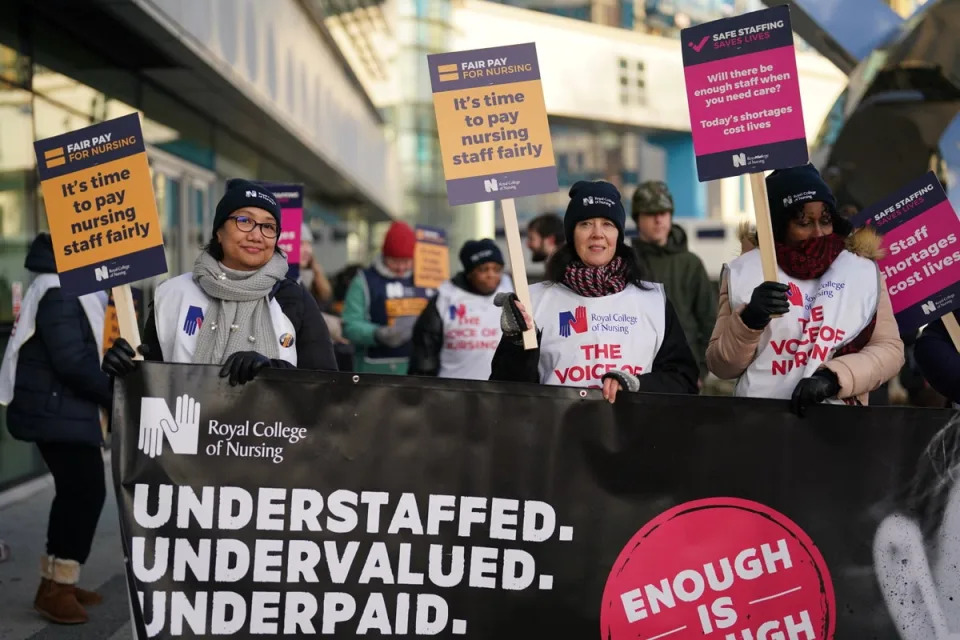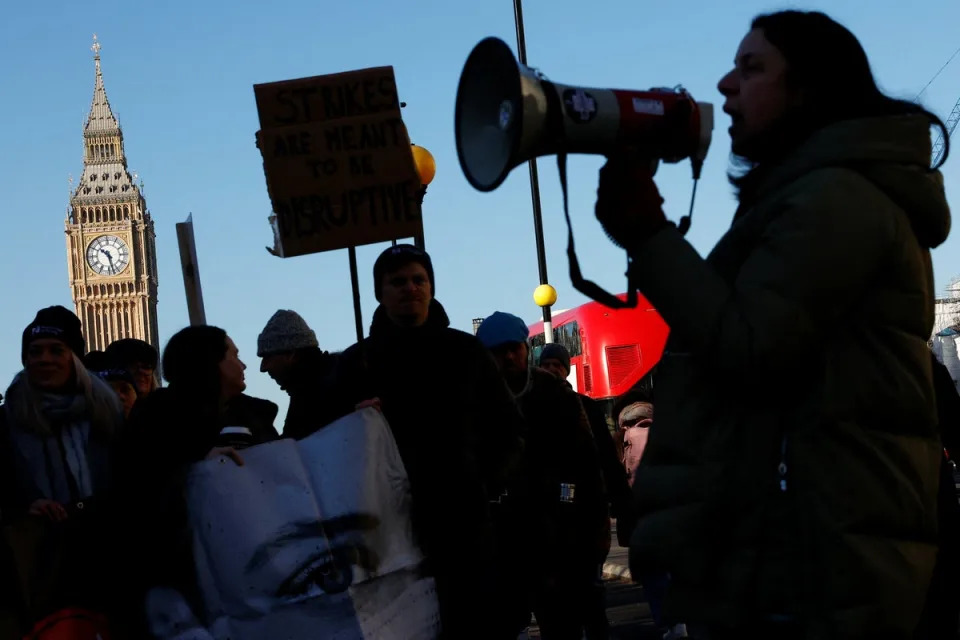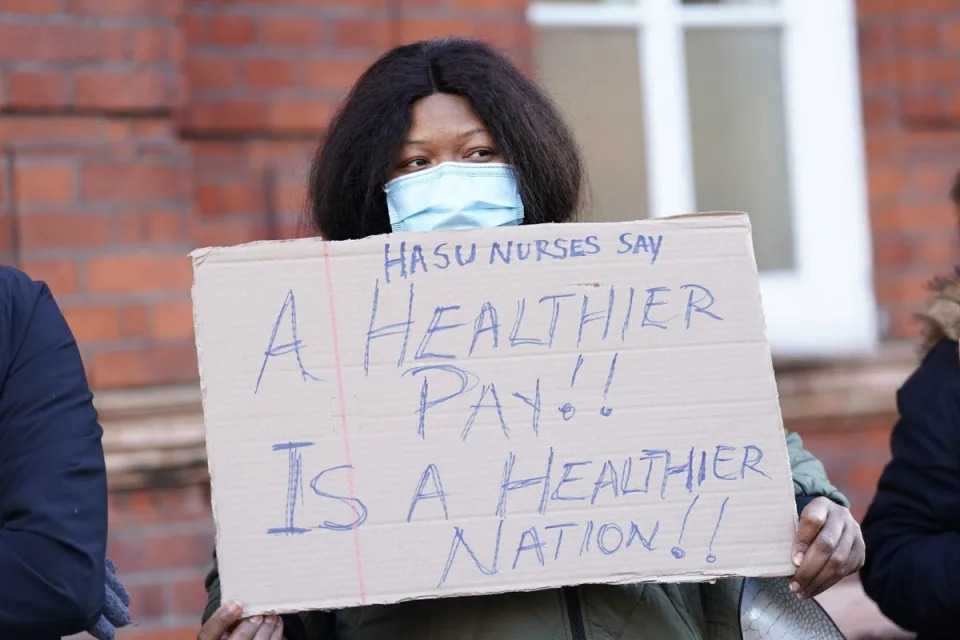
Reuters
Thu, March 23, 2023
SHENZHEN, China -Huawei Technologies Co Ltd has made breakthroughs in electronic design automation (EDA) tools for chips produced at and above 14-nanometre technology, Caijing reported on Friday, citing a speech by a senior executive.
Huawei will complete testing on the tools this year, rotating chairman Xu Zhijun said in a speech on Feb. 28, the Chinese financial news magazine reported. Huawei has developed 78 tools related to chip hardware and software, the report added.
The company did not immediately reply to a Reuters request for comment.
The announcement comes as Huawei and other Chinese technology companies rush to localise their supply chains in the face of mounting U.S. sanctions.
According to a transcript of Xu's remarks published by Caijing, Huawei cooperated with domestic EDA companies to create the software, "basically realising the localisation of EDA tools above 14nm."
Chip design companies use EDA software to produce the blueprints for chips before they are mass manufactured at fabs.
Huawei will also let partners and customers use the software, Xu added.
Chip design companies use EDA software to produce the blueprints for chips before they are mass manufactured at fabs.
Huawei will also let partners and customers use the software, Xu added.

Chips produced at the 14nm level were first introduced in smartphones in the mid-2010s and are two to three generations behind leading-edge technology.
Huawei, a major supplier of equipment used in 5G telecommunications networks, has been the target of successive rounds of U.S. export controls since 2019, restricting its supply of chips and chip-design tools from U.S. companies.
The EDA software market is dominated by three overseas firms - Cadence Design Systems Inc and Synopsys Inc, which are headquartered in the United States, and Mentor Graphics, which is owned by Germany's Siemens AG.
China is home to a handful of domestic EDA software makers, but experts do not consider them globally competitive.
All three overseas EDA companies fell subject to Washington's sanctions against Huawei in 2020.
When the restrictions went into effect, the company's chip design division lost access to software and updates that would enable it to design low-node processors for its smartphones, as well as access to advanced manufacturing tools at chip production fabs.
The company's smartphone division saw sales tank as a result.
(Reporting by David Kirton in Shenzhen, Josh Horwitz and Brenda Goh in Shanghai; Editing by Christopher Cushing and Jamie Freed)
